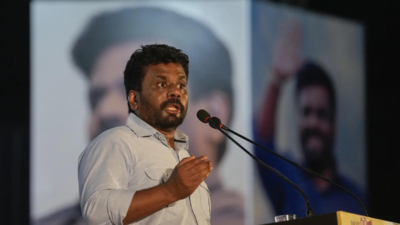
This marks the first election since the country’s 2022 economic crisis. The voter turnout was nearly 75%, lower than the 83% recorded in the previous presidential election in November 2019.
Here are the key updates from Sri Lanka elections.
- Election officials reported that Anura Kumara Dissanayake secured 58% of the postal votes, with approximately one-third of the total ballots counted so far.
- As of 7 am on Sunday, 56-year-old Anura Kumara Dissanayake held a comfortable lead, with 727,000 votes, compared to his closest rival, 57-year-old
Sajith Premadasa , the main opposition leader, who had secured 333,000 votes, or 23%.
- The incumbent president, 75-year-old
Ranil Wickremesinghe , was trailing far behind with 235,000 votes, accounting for 16% of the total.
- Polling for the presidential election took place on Saturday from 7 am to 4 pm local time at over 13,400 polling stations across 22 electoral districts. According to the election commission, around 75% of the 17 million eligible voters participated in the election.
- The 38-year-old scion of the once-powerful Rajapaksa family entered the presidential race as a strategic move ahead of the 2029 election, sources close to him disclosed to AFP.
- Dissanayake’s once-marginal Marxist party, which led two failed uprisings in the 1970s and 1980s resulting in over 80,000 deaths, had previously struggled for political influence, securing less than 4% of the vote in the most recent parliamentary elections in August 2020.
- Sri Lanka imposed a night curfew nationwide on Saturday, despite the presidential election proceeding peacefully, which effectively served as a referendum on an unpopular IMF bailout.





